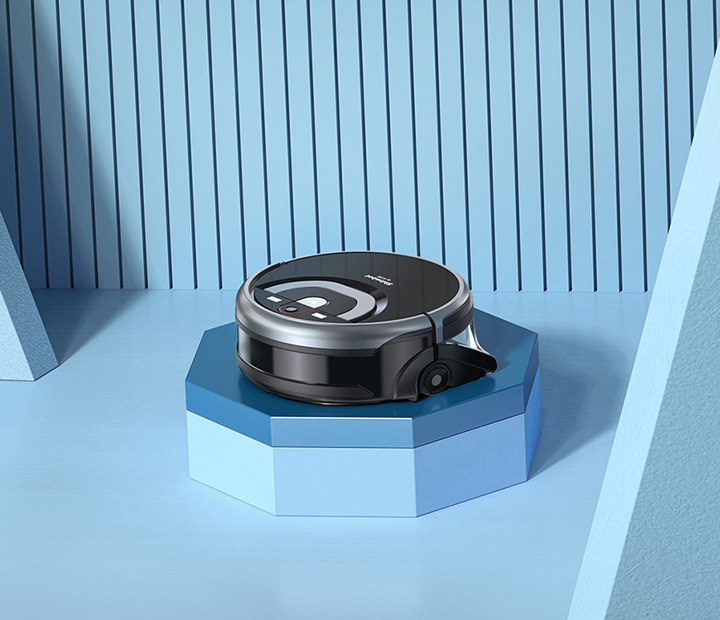
Large Capacity Vacuum Cleaner From ILIFE Ecovacs A4 A6 A9, V7s Pro Robotic Chuwi Rechargeable Lithium Ion 14.8V 4800mAh Battery - AliExpress

Amazon.com - ilovelife Replacement Remote Control for ILIFE V5 V5S V3 V3L A4 A4S V7S Series Vacuum Cleaner Parts

Amazon.com: ILIFE V5s Pro Robot Vacuum and Mop Combo, Slim, Automatic Self-Charging Robot Vacuum Cleaner, Daily Schedule, Ideal for Pet Hair, Hard Floor and Low Pile Carpet. : Industrial & Scientific

UMIDIGI A5 Pro Global Version16MP Triple Camera Android 9.0 6.3' FHD+4150mAh Octa Core 4GB+32GB Smartphone 2+1 Slots _ - AliExpress Mobile

Global Version Umidigi A5 Pro Android 9.0 Octa Core 6.3'' Fhd+ Waterdrop 16mp Triple Camera 4150mah 4gb Ram 4g Mobile Phone - Mobile Phones - AliExpress

Amazon.com: Mochenli Vacuum Filter Kit Replacement for Robotic Vacuum ILIFE V3 V3S V5 V5s, Pro Robot Vacuum Cleaner 6 Filters and 6 Side Brushes and 1 Primary Filter (Pack of 13) : Industrial & Scientific

Amazon.com: ILIFE V5s Pro Robot Vacuum and Mop Combo, Slim, Automatic Self-Charging Robot Vacuum Cleaner, Daily Schedule, Ideal for Pet Hair, Hard Floor and Low Pile Carpet. : Industrial & Scientific

Amazon.com: Mochenli Vacuum Filter Kit Replacement for Robotic Vacuum ILIFE V3 V3S V5 V5s, Pro Robot Vacuum Cleaner 6 Filters and 6 Side Brushes and 1 Primary Filter (Pack of 13) : Industrial & Scientific


















